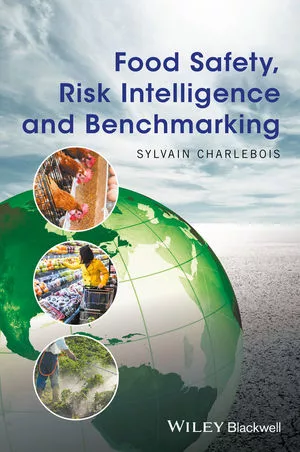Large Salmonella Outbreak Linked to Honeydew, Cantaloupe, and Galia Melons

A large Salmonella Braenderup outbreak has been linked to melons. The outbreak has affected 200 people in more than 10 countries.
Cases have been reported in Denmark, Belgium, Finland, France, Germany, Ireland, the Netherlands, Norway, Sweden, the United Kingdom, Canada, and Switzerland. Illnesses started in late March 2021.
Recent S. Braenderup infections were also reported in the Czech Republic and Spain, but it is not yet clear if they are associated with this outbreak.
The source, according to the Food Standards Agency, is thought to be whole honeydew, cantaloupe, and galia melons from Costa Rica, Honduras, or Brazil.
The affected melons were stocked by UK retailers on or before May 28, 2021, but now have been removed from sale.
Consumers can identify the country of origin from a sticker placed on the fruit. If they are not sure about where the galia, cantaloupe, or honeydew melon came from, they are advised not to eat it.
UPDATE, 6/24/21:
The number of people sick in the U.K. in this outbreak has almost doubled.
Looking for quick answers on food safety topics?
Try Ask FSM, our new smart AI search tool.
Ask FSM →
The Food Standards Agency (FSA) and Public Health England are investigating the incident with 99 people sick since April 2021, up from the previously reported number of 52 people ill.
The majority of the age groups infected include those more than 70 years of age, and those younger than 9 years of age. Investigations are focusing on the supply chain of galia, cantaloupe, and honeydew melons from Honduras and Costa Rica.
FSA is working with trade associations and retail businesses to get information about the outbreak. A quick rise in confirmed infections occurred in the week following May 24.
Source: Food Safety News








